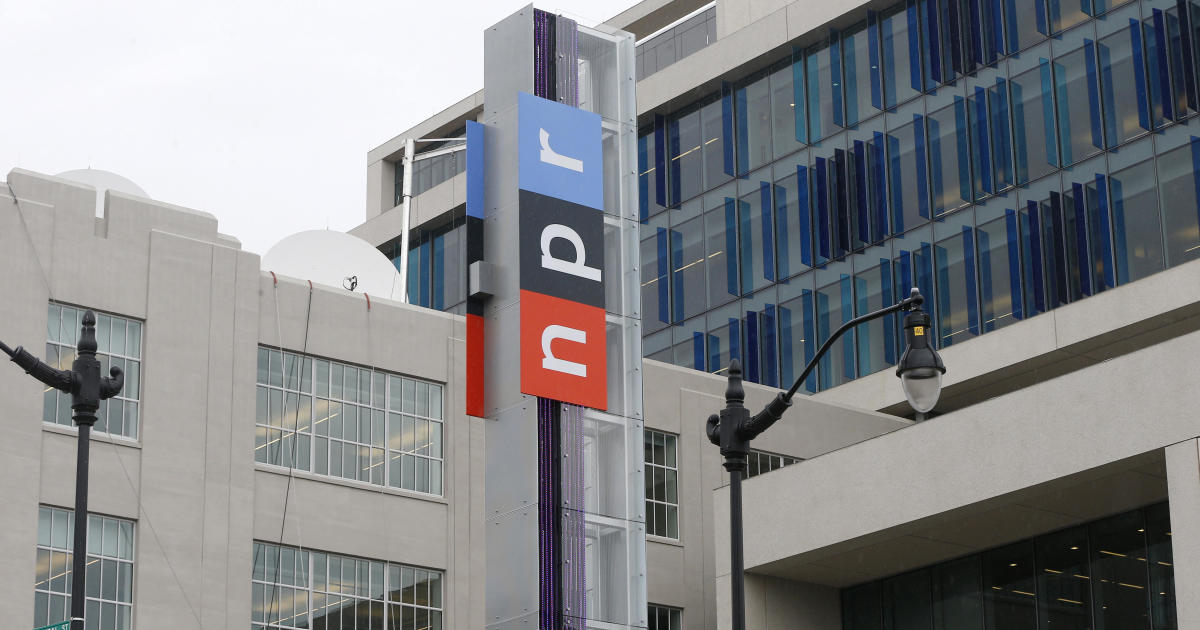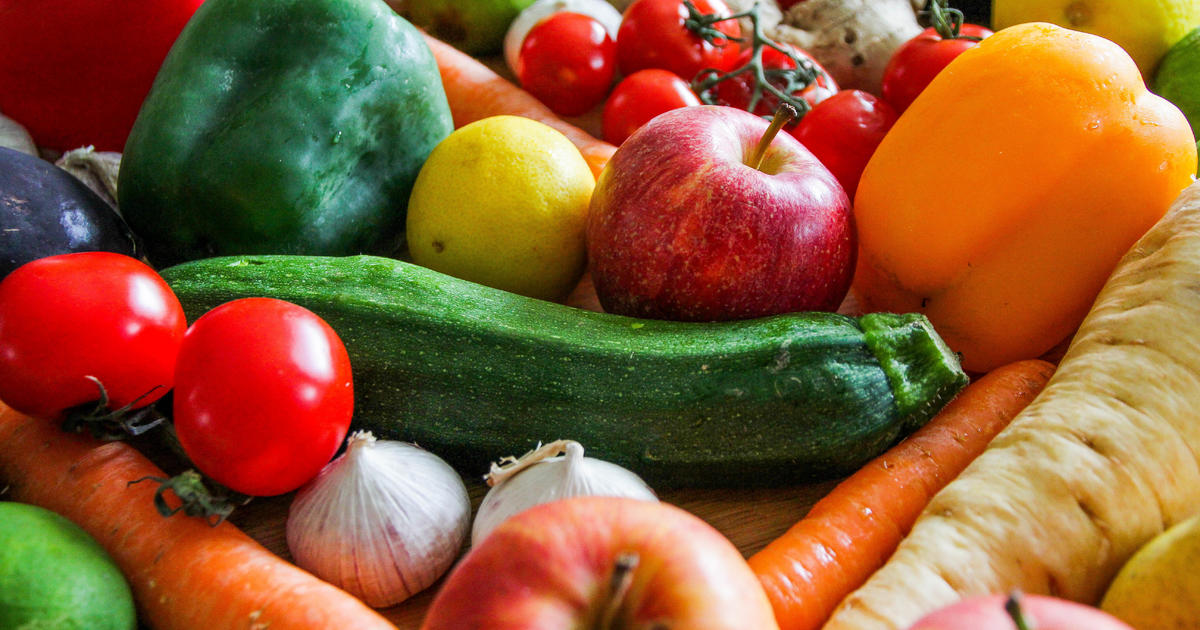1 in 4 could lose food stamps under a GOP bill. These states would be hit hardest.
About 1 in 4 people currently receiving food stamps, or about 10 million Americans, could lose access to the food aid under a Republican proposal that would expand work requirements to adults over 50 years old and to some families with children, according to a new analysis of the bill.
People in every state would be impacted if the proposal becomes law, although residents of Alaska, South Carolina and Oklahoma would be hardest hit, according to the study from the left-leaning Center on Budget and Policy Priorities. The analysis is based on the number of households in those states that would fall under the new work requirements, such as older adults and families with children over 7.
Rep. Dusty Johnson, a Republican from South Dakota, and more than 20 other Republican lawmakers who introduced the bill earlier this month, say the America Works Act is needed to get more food-stamp recipients back in the workforce. But research shows that most recipients of the Supplemental Nutrition Assistance Program, or SNAP, the formal name for the food-stamp program, who can work are already working, said Dottie Rosenbaum, senior fellow at the CBPP.
"It's painting a picture of low-income people that is very inaccurate," Rosenbaum told CBS MoneyWatch of the proposal.
The new analysis "is a way of setting the record straight about some of the misunderstandings about who receives SNAP, the role that SNAP plays in reducing food insecurity and the role that it plays in supporting work and helping people to make ends meet when they are in low-wage jobs or in between jobs."
To be sure, the Republican bill is unlikely to make it into law anytime soon given that the Senate is controlled by Democrats. Yet the push reflects efforts by GOP lawmakers to trim spending in benefits programs such as food stamps.
Almost 1 in 3 residents who currently receive food stamps in Alaska, South Carolina and Oklahoma would be at risk of losing their SNAP benefits, the study found. The least impacted recipients would be those in Washington, Idaho and Vermont, where about 1 in 5 people would be at risk of losing food stamps.
Requiring work for parents, older adults
SNAP already has work requirements, but currently they are aimed at so-called "able-bodied adults without dependents," or ABAWDs. Under these rules, adults who aren't disabled, who don't have children or other dependents and who are between 18 to 49 must work 20 hours a week or enroll in a work training program to receive food stamps.
Currently, people between 18 to 50 who aren't working or in a training program can only receive food stamps for a three-month period every three years.
Under the GOP bill, those work requirements would be expanded from ABAWDs to adults between 50 to 65 years old — which the lawmakers say would align the program with Medicare, the health insurance program for people 65 and older — and for parents with children over 7 years old.
About 4 million children between 7 to 18 who live in households receiving food stamps could be at risk of losing food aid, the analysis found. Three million adults with children or dependents could lose their benefits, while another 2 million people between 50 to 64 who don't have dependents could also lose access to food stamps, the study noted.
"We already have this problem where states struggle to screen people adequately who are subject to the 3-month time limit and track their hours of work. So, making states having to do that for more people is likely to be ineffective and inefficient," Rosenbaum said. "People will fall through the cracks."
The food-stamp reform bill comes as the ranks of Americans receiving SNAP benefits has swelled since the pandemic. About 42.6 million people were receiving food stamps as of December, the most recent data available, representing a jump of about 15% prior to the pandemic.



